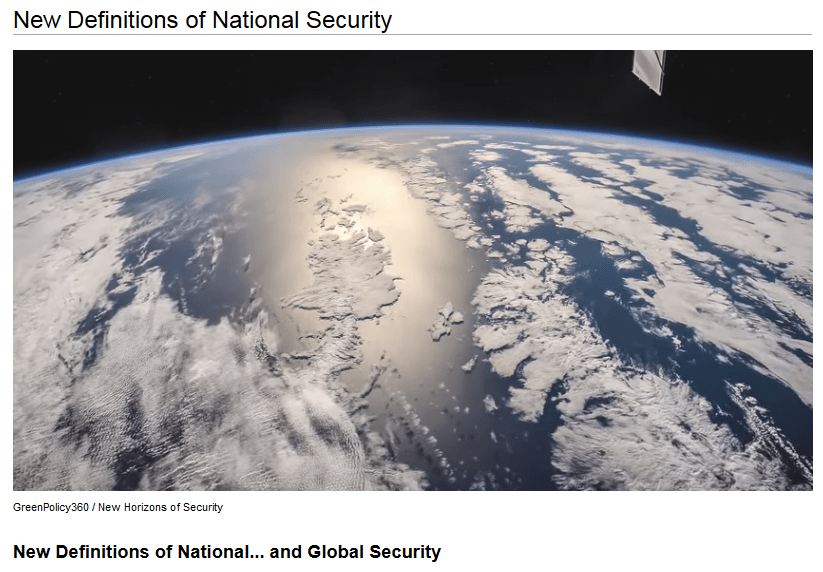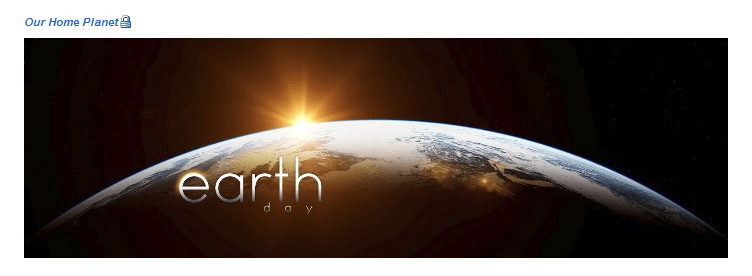Strategic Demands and its associate, GreenPolicy360, for many years have advanced new vision and definitions of national security. An escalating threat environment cannot be ignored and new science aims at “tipping points”. On the day after Earth Day, we look again at the risks of national/global catastrophe
Faster than forecast, climate impacts trigger tipping points in the Earth system
Via the Bulletin of Atomic Scientists
“Could anthropogenic climate change result in worldwide societal collapse or even eventual human extinction? At present, this is a dangerously underexplored topic … yet there are ample reasons to suspect that climate change could result in a global catastrophe,” wrote the eminent Australian climate scientist Will Steffen and his colleagues in August 2022 in “Climate Endgame: Exploring catastrophic climate change scenarios.”
Steffen, who died earlier this year, will be remembered for some of the big, crucial ideas he contributed to the understanding of the Earth system, particularly planetary boundaries, tipping point vulnerabilities and cascades, risk and nonlinearity, and the “hothouse Earth” scenario—ideas developed with Tim Lenton, Johan Rockström, Katherine Richardson, Hans Joachim Schellnhuber, and others.
In their 2018 “hothouse” paper, Steffen and his colleagues explored the potential for self-reinforcing feedbacks to push the Earth System toward a planetary threshold that, if crossed, “could prevent stabilization of the climate at intermediate temperature rises and cause continued warming on a ‘Hothouse Earth’ pathway even as human emissions are reduced.”
This challenged the notion that climate warming was a predictable, linear consequence of increasing levels of greenhouse gases, and instead pointed to critical thresholds, or tipping points, in which a small change causes a larger, more critical change to be initiated, taking the climate system as a whole or particular systems within it from one state to a discretely different state. The loss of polar glaciers, or the Amazon rainforest drying and being replaced by sclerophyll forest, are examples.
The change may be abrupt or non-linear—characterized by sudden change rather than smooth progress—and irreversible on relevant time frames.
It may also lead to cascading events in which the mutual interaction of individual climate tipping points and/or abrupt changes lead to more profound changes to the entire system. This is already happening. The loss of sea ice in the Arctic is adding to regional warming, accelerating ice melt from Greenland, such that an influx of cold, non-salty water into the North Atlantic is slowing the Gulf Stream, which in turn is changing the Amazon climate.
Prominent climate scientist Michael Mann says that when it comes to certain important consequences of warming, including ice sheet collapse, sea level rise, and the rise in extreme weather events, “the [Intergovernmental Panel on Climate Change (IPCC)] reports in my view have been overly conservative, in substantial part because of processes that are imperfectly represented in the models.”
The Risks, the Data, are here and here
New Definitions of National Security @StratDem
The Problems and Solutions are on radar, here, here, and here
Environmental Security
Planet Citizens, time for all hands on deck




